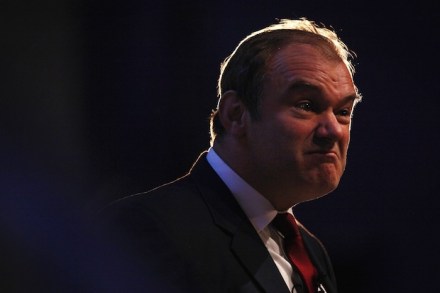The Labour split on planning and housebuilding
Ed Miliband’s housebuilding announcement today is rather a re-heated announcement of his conference pledges on housing. Eric Pickles has already set out on Coffee House his belief that these new ideas are ‘more of the same high-tax and top-down policies that led to their housing boom and bust’. The announcement certainly allows for a bit of a knockabout between the two parties, neither of which has much to boast about when it comes to housing, but there’s one point that’s worth noting about the Labour leader’s announcement today. Over the past few months, the party’s Shadow Communities and Local Government Secretary Hilary Benn and policy review chief Jon Cruddas have



















